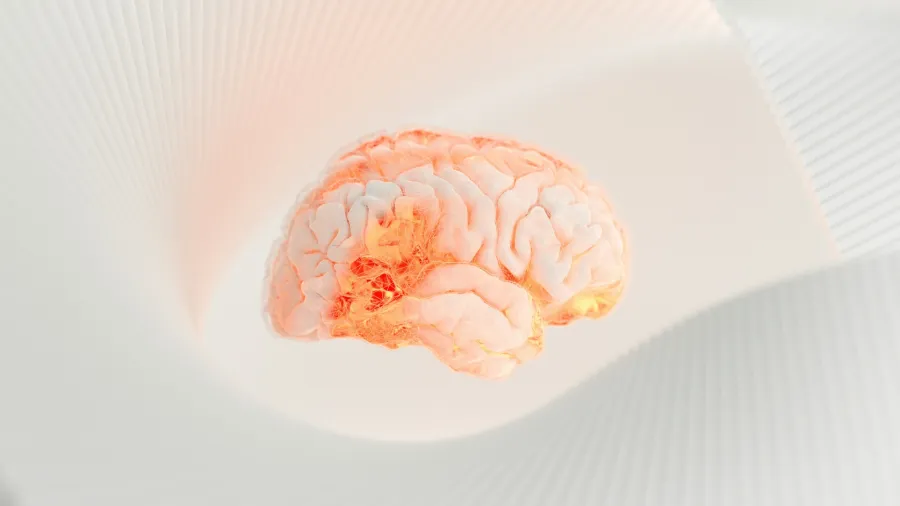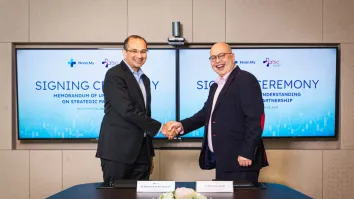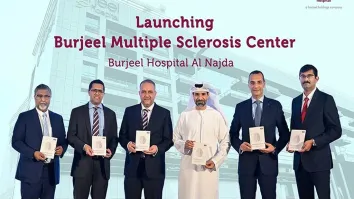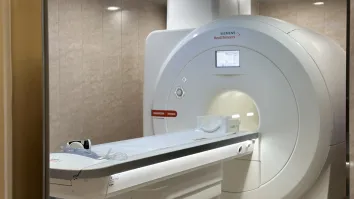
How AI adoption can advance patient treatment outcomes
Health industry executives gathered to share their views on AI and the future of Healthcare.
EXPLORING new artificial intelligence (AI)-based technologies continue to stoke interest in the medical field, with wider acceptance for their adoption.
A testament to this curiosity was the hordes drawn to discussions at the 2024 Healthcare Asia Summit in Singapore last 25 March.
Speaking at the panel of health industry experts, Yong Yih Ming — both COO of IHH Healthcare Singapore and CEO of Mount Elizabeth Hospital — made a strong assertion that AI is a tool that improves treatment outcomes.
Yong cited as an example how AI adoption has improved the monitoring of patients to ensure they do not suffer from falls whilst under hospital care. “One key safety concern crucial for hospitals is how we can reduce patient falls,” he said, noting how nurse routine checks prevent such accidents from happening.
But nurses are also expected to focus on the administration of medicines and checking parameters closely watched by multiple doctors in their patients on top of other clinical chores.
To replace the frequency of routine checks, Yong said: “We have deployed in IHH hospitals the AI to detect the human body so that any time a patient is likely to fall, the nurses can respond to it.”
At IHH, nurses are now freed from multiple checks with no real risks affecting the patient. “This means the nurse’s time is now translated to more real patient care,” he said, noting enhanced clinical attention provided by nurses.
Philosophical view on AI
Embracing technological advancements to enhance hospital services, operations, and overall patient experience is not only in keeping with future trends, as pointed out by the management behind one of the Philippines’ premier health institutions.
When asked about AI, The Medical City Clinic President and CEO Roberto Muñoz shared a more philosophical perspective at the summit.
“We always look at AI as a tool, not a substitute, and there is no more human activity than healthcare,” said Muñoz.
According to him, one of the paradoxes concerning the technology is that AI must disappear into the background to deliver care.
“To my mind, the best impact of AI would be to make healthcare an even more human experience for all that participate in it and to make it less impersonal, which healthcare tends to be at the high level,” Muñoz said.
Citing the rapidly growing population, he also gave this quick reality check: a traditional approach to managing population health would be nearly impossible.
“That’s where one of the opportunities lies in terms of what AI can provide for healthcare to make it more effective and efficient in doing population health interventions,” Muñoz said. “But as I said, I always have this sense that it has to go to the background. It doesn’t have to be at the front of actual patient interaction.”
A hybrid solution
With AI integration and traditional practices seen as essential, Thomson Medical Singapore’s CEO, Suen Ming Lee opts for a hybrid approach.
He emphasised before the panel that healthcare should start from prevention, with AI being utilised to promote this step.
“We should look at the patient’s profile, including genetics and risk factors based on family history and the genetic profile, and then we can devise a personalised healthcare plan for them before they fall sick,” Suen said.
“We could also use AI to devise a personalised management plan for those with chronic diseases,” he said.
Suen said he believed the technology can be useful in terms of clinical decision support systems, citing the dental industry as an example.
“I’ve been engaging with a private dental group who uses AI to look at X-rays of teeth, which aids in mapping out potential treatment plans,” he said. “I would say AI is very exciting. It’s here to stay. It is there for us to embrace it and to make the best use of it for everyone’s benefit.”
AI-driven symptom checkers
Meanwhile, another health industry leader’s perspective delved into the aspect of generating awareness and early detection through AI.
Dr. Anindita Santosa, a consultant at Changi General Hospital, pointed out the utility of chatbots and mobile apps to interact with individuals about their health concerns.
“All of us in this room have looked up our symptoms and wondered what it’s all about, and then you take your next course of action depending on where you land,” Santosa said.
She highlighted the potential of AI-guided symptom checkers to engage people and their concerns. “You can transform this into something like virtual health assistants where they can just check in with you,” Santosa said.
“I think by using AI in a less intrusive manner with friendlier and gentler prompts, you may be able to transform healthcare,” she added.

















 Advertise
Advertise






